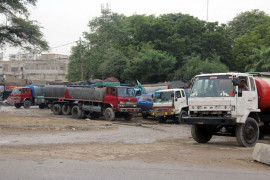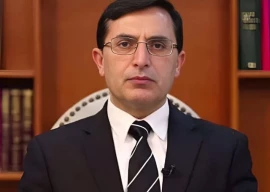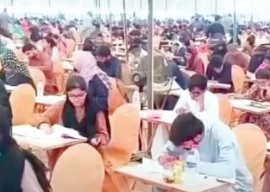
This was stated by mathematician Professor Dr Asghar Qadir while addressing a seminar on the evaluation of research at the Quaid-i-Azam University (QAU) on Tuesday. The seminar was organised by the Special Coordination Committee marking the golden jubilee of QAU (1967-2017).
“Given the contemporary research culture, indices seem to have become a serious menace in Pakistan and other Third World countries,” Prof Dr Qadir said, adding that “these indices are no longer just supposed measures for quality of research but have started influencing important decision making and benefiting the people in academia with bureaucratic and influential positions.”
He added that for the past twenty years or so, emphasis on using numerical indicators for gauging academic excellence to evaluate countries, universities, professional journals, and even individual scientists had been increasing.
He warned that these should be used cautiously.
“The choice of the indices and the criteria for calculating them are arbitrary but the numerical values seem to lend them a misleading validity,” he said, adding that because they are very convenient for administrators to defend promotion decisions and have come into increasing use.
“In Pakistan, the International Scientific Indexing (ISI) and Impact Factor (IF) have entered into the policies, for a fresh appointment, promotion, awards and evaluation of research projects,” he pointed out.
Based on these indices, Prof Dr Qadir said, universities, research institutes, departments and individuals are ranked and that these comments apply across the Third World.
He further explained that in the first world, hundreds of applicants are shortlisted with the help of these indices before a final selection is done after peer review and interviews.
By comparison, in the Third World, final decisions on the appointment of professors, or of decisions for giving awards, are made on the basis of these scores which are calculated on the basis of impact factor citations of the journal for the year in which the paper was published.
He said that the issue had worsened as the universities are now requiring their faculty to publish in such a way as to enhance their ranking.
“Of course, this will crush the spirit of free enquiry and select the most unethical members who manages to publish trash or a scientist who may be one of some hundreds of authors collectively publishing many papers in good journals,” said Prof Dr Qadir.
Published in The Express Tribune, April 5th, 2017.




1714558558-0/It-Ends-With-Us-(1)1714558558-0-165x106.webp)


















COMMENTS
Comments are moderated and generally will be posted if they are on-topic and not abusive.
For more information, please see our Comments FAQ